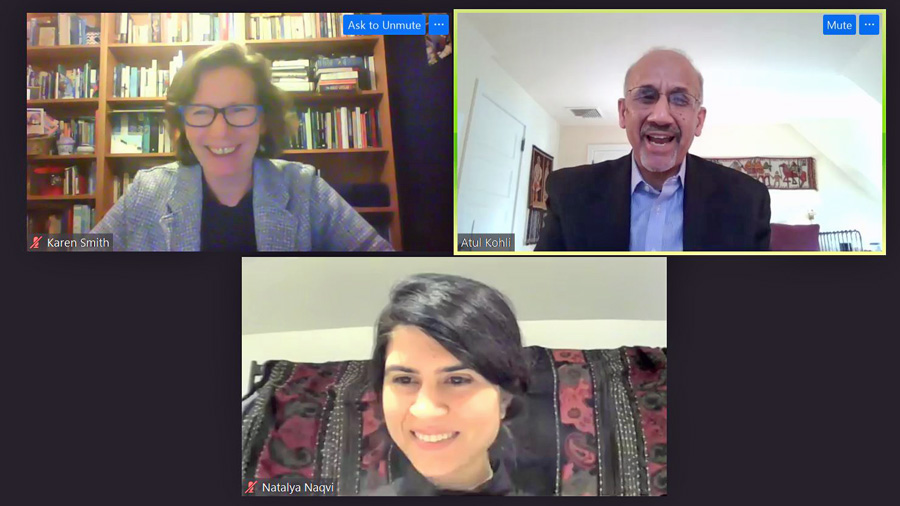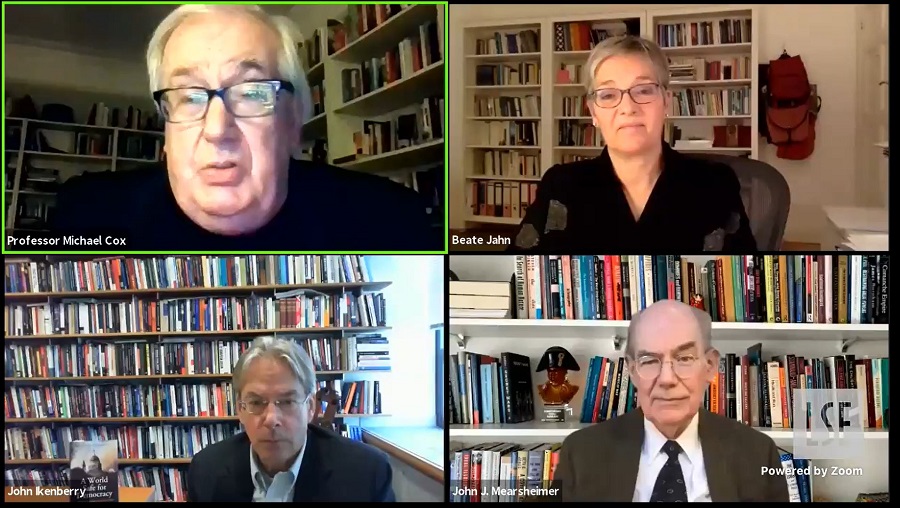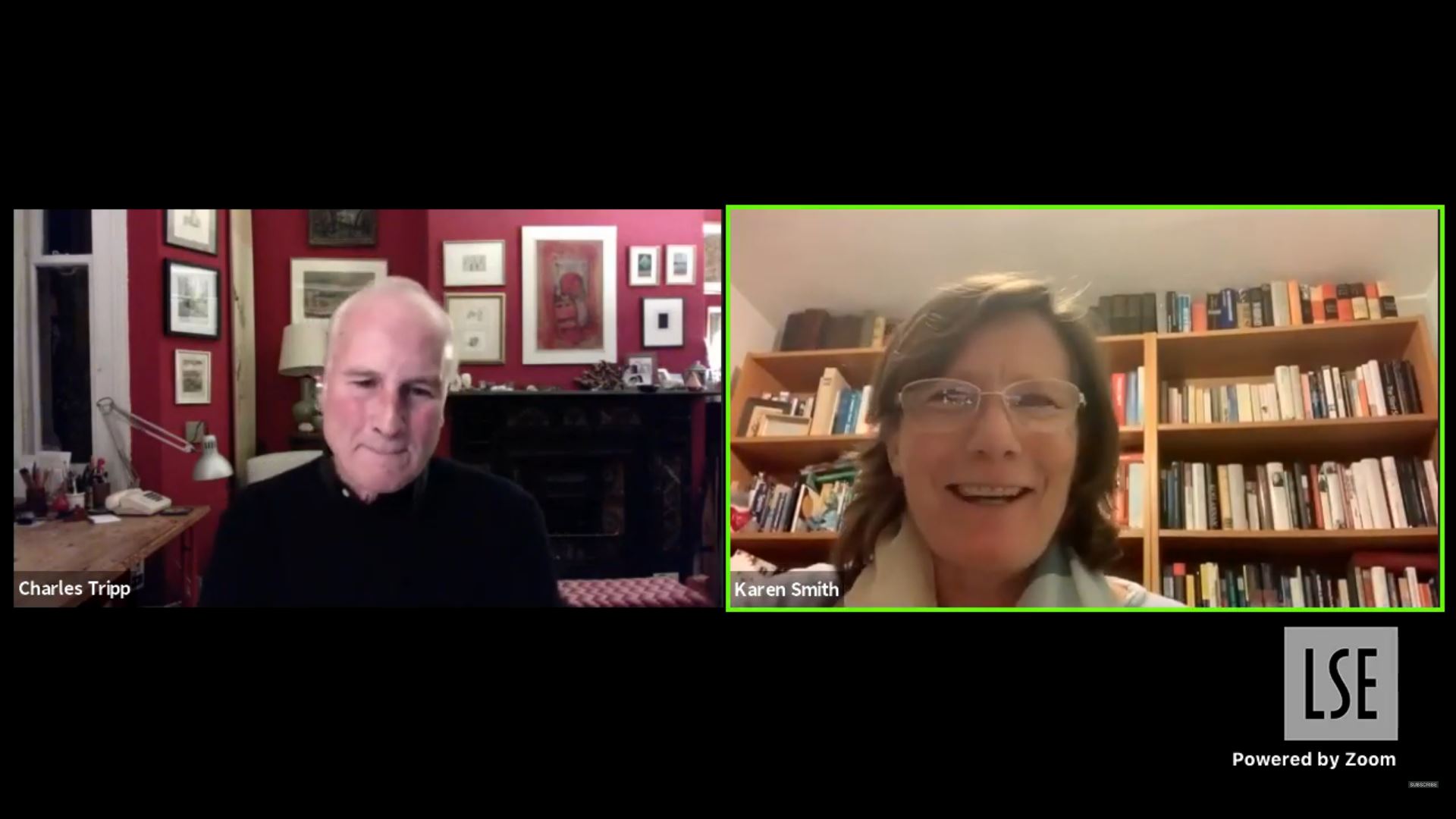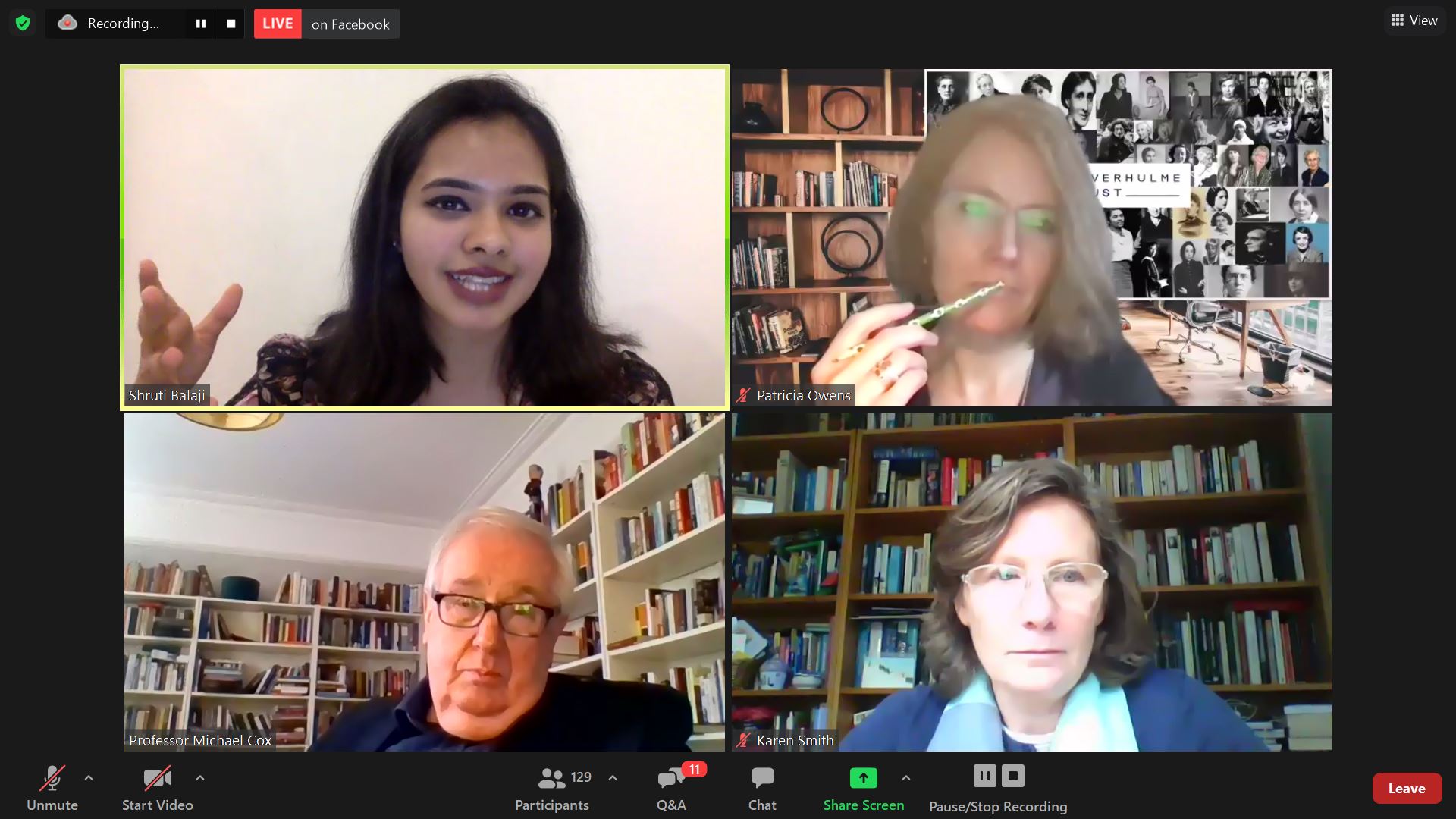On Tuesday 30 November 2021, Nora Fisher Onar, Sieglinde Gstöhl, Simon Schunz and Karen E Smith came together with Federica Bicchi to launch the new book edited by Sieglinde Gstöhl and Simon Schunz, The External Action of the European Union.
- Find out more about the event and speakers
- Listen to or download the audio podcast (90 mins)
- Watch on Facebook (90 mins)
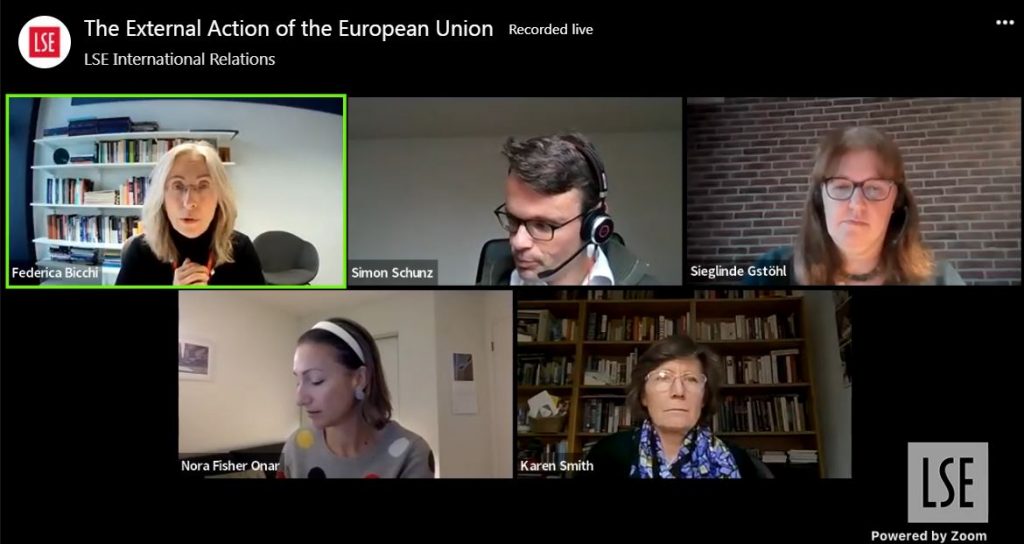
During an ongoing pandemic, with global power shifts destabilising the international stage and challenging the liberal international order, discussing the European Union’s External Action might seem inopportune. Yet, this view was proved wrong by the online event held by the LSE IR Department on 30 November to launch the book The External Action of the European Union: Concepts, Approaches, Theories, edited by Professors Sieglinde Gstöhl and Simon Schunz.
The conversation, chaired by Dr Federica Bicchi, rather highlighted the increasing complexity of the external activities undertaken by the EU, which can now be defined as a global actor. From its Common Foreign and Security Policy (CFSP) to trade, cooperation, and humanitarian aid, the internal and external developments of the EU have been accompanied by new theories and approaches seeking to explain them. While, as argued by Professor Schunz, this body of knowledge might be evolving into an emerging academic discipline, namely the EU External Action studies, the question is whether such theoretical approaches can adequately equip us to understand and reflect on what role the EU should embody in the future. In fact, as the world’s centre of gravity seems to be shifting eastward, is the EU suited for a discussion about post-colonialism? The External Action of the European Union attempts precisely to advance more critical approaches to the subject, challenging eurocentrism and decentering the EU external action agenda.
While the book represents a reader-friendly guide to navigate the theoretical dimension of the EU, the online event sparked a stimulating discussion on the significance of EU External Action studies. The hope is that this research volume will manage to bridge the gap often dividing academia and policy-making, becoming one of its qualified sources of information.
Event report by Teresa Rabusin, BSc International Relations



